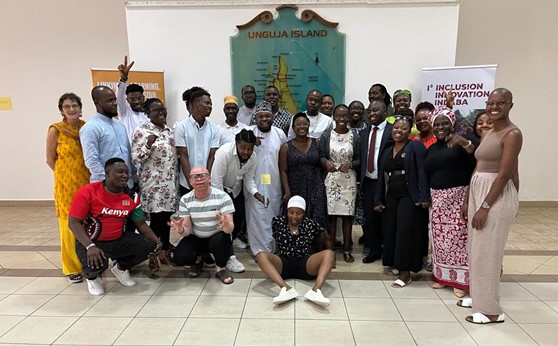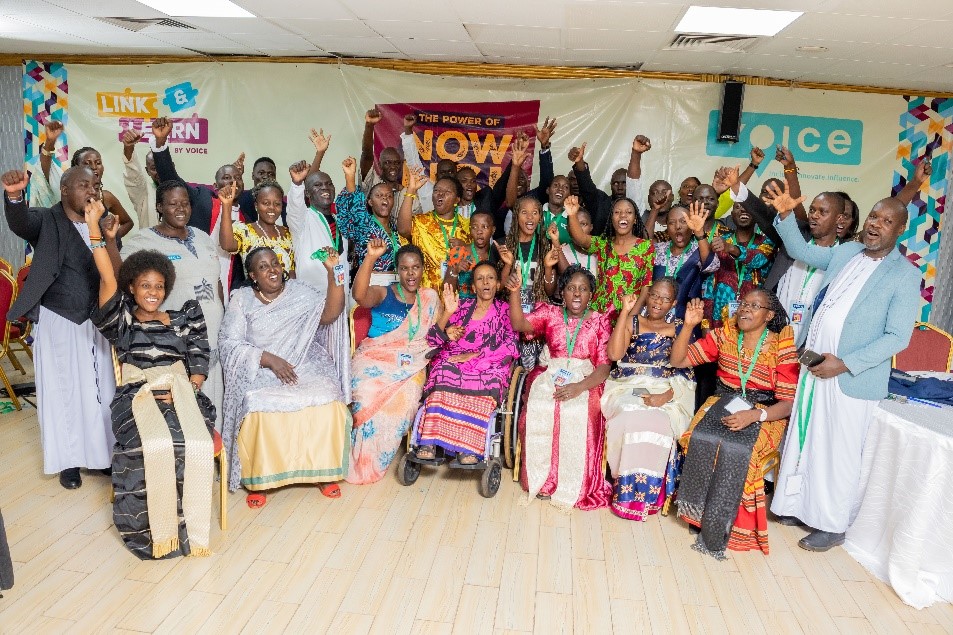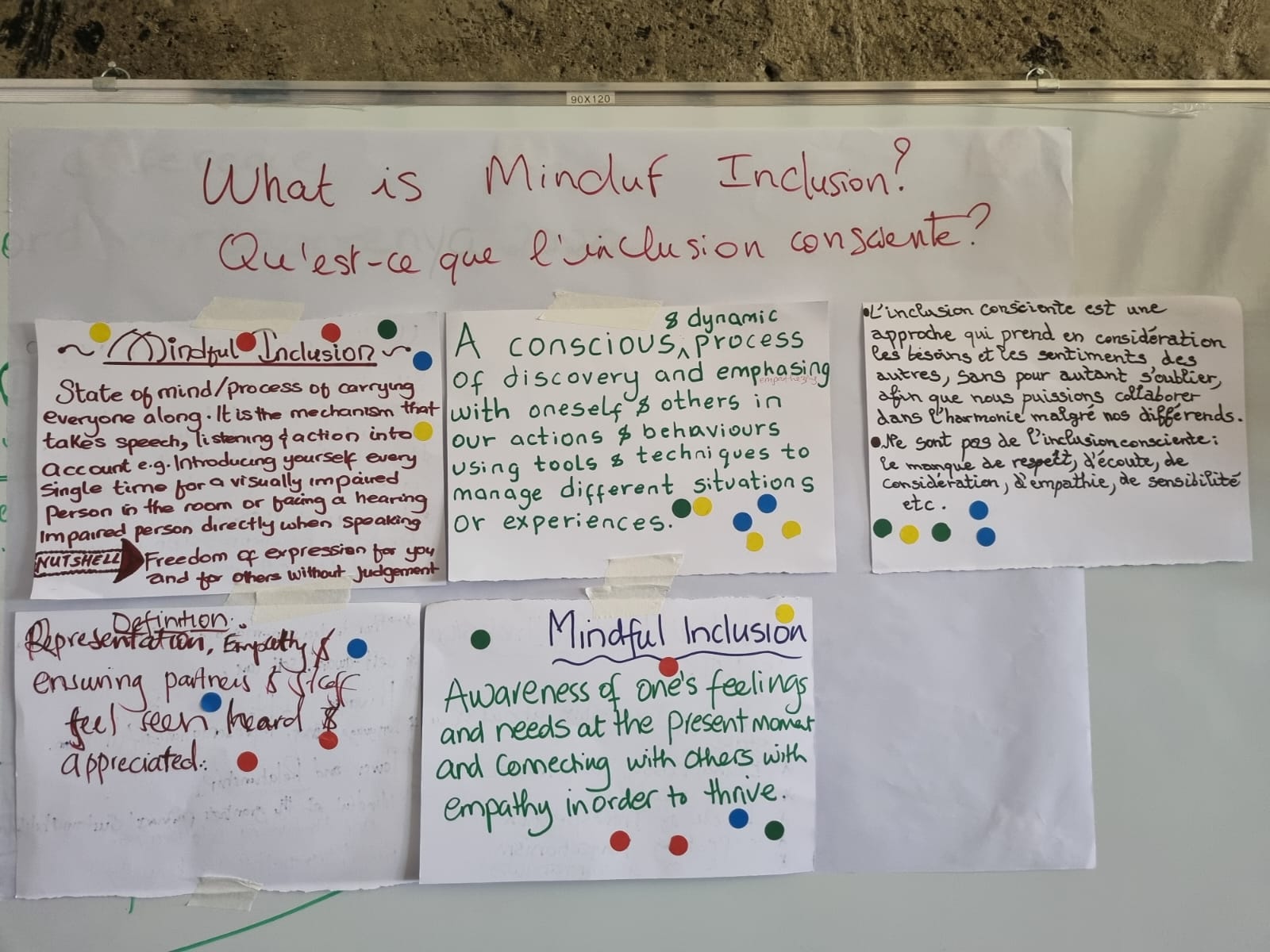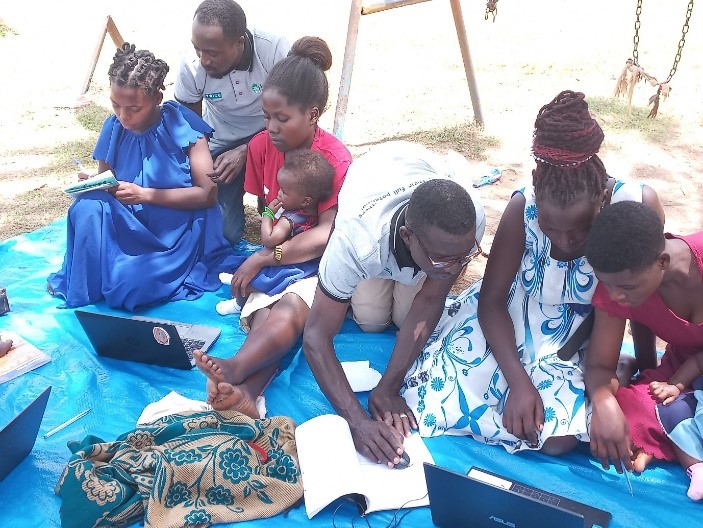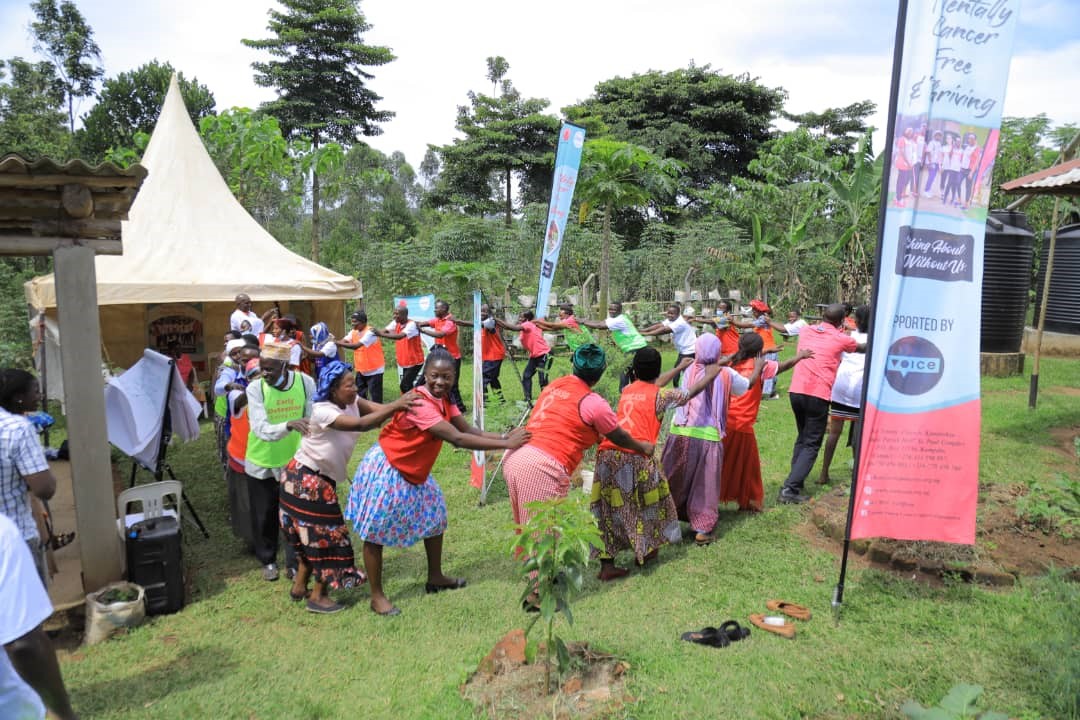Africa is borderless
By Nassuuna Caroline, Ugandan jounalist
Africa occupies an area of 30.37 million square kilometres of land inhabited by over 1.4 billion people in 54 countries. Africa has continued to grow, develop and transform economically, politically and socially since 1957, when its first country gained independence from colonial rule.
Looking at Africa’s political journey to date, we cannot fail to recognise the fact that it has been a rough road. African countries have had similar experiences characterised by political wars, dictatorial governments and violence leading to loss of lives, property and fuelling a huge setback to development. Most of the nations in Africa have embraced the democratic systems of government that drive them to elect their leaders after a given period of time. The elected authorities then form the arms of government that set governing laws and ruling structures for their people with a direction given by the Constitutions.
In November 2022, the Voice Programme organized the Regional Knowledge Exchange that took place in Zanzibar. The three days programme brought together participants from six African countries to discuss and exchange knowledge about the participation and representation of Youth, Women and Persons with Disabilities (PWDs) in the elective politics of each country.
Participants from Kenya, Tanzania, Nigeria, Mali, Niger and Uganda gave submissions on the political climate of the different states, analysing structures laid by their governments and discussing laws governing the election processes in the respective nations.
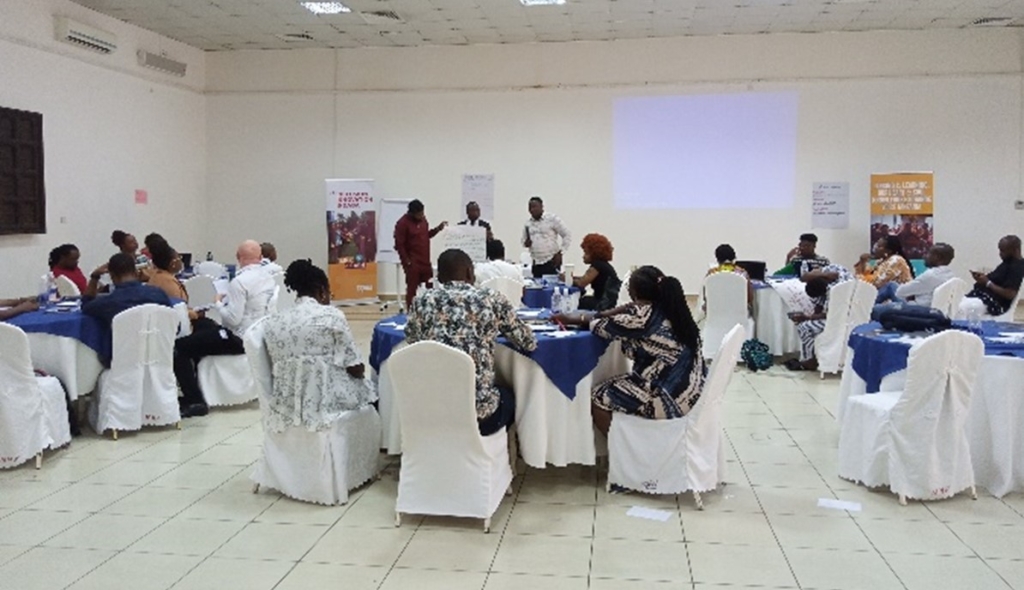
Evaluating the different submissions and knowledge shared, it is crystal clear that the systems in West and East Africa, presented by the participants in Zanzibar, are the same posing identical problems for the people regardless of the differences in geography, ethnicity, and structures of government.
The stories around injustices, poor representation of marginalised groups, unfavourable political climate, monetisation of political processes, rigging of votes during elections, violence and brutality during campaigns remain the same under different contexts from the different corners of the continent.
With all certainty, the borders surrounding the different countries in Africa are only fiction. Otherwise, the people of Africa are the same, facing almost similar problems and going through the same forms of inequality with leaders using matching tactics.
The recommendations made during the knowledge exchange in Zanzibar championing the inclusion of marginalised groups in the elective political space were also similarly derived from the indistinguishable experiences.
With conscious effort and intention, Africans need to come together to support one another overcome the challenges in their different countries, champion meaningful change in leadership, and share knowledge and ideas on how to peacefully liberate themselves from the hands of their brutal, unfair, partisan, biased, prejudiced systems and leaders. The way forward should be a collective effort that involves the active participation of the whole team and not just individuals.
Africa can achieve its dreams in the political space if its most significant population, the young people, is given direction to use its power, energy and innovativeness meaningfully. There is a need to fully utilise the digital era, which comes with a great opportunity to ease mobilisation and shaping of the minds of the youth to advocate for their equal representation in leadership.
